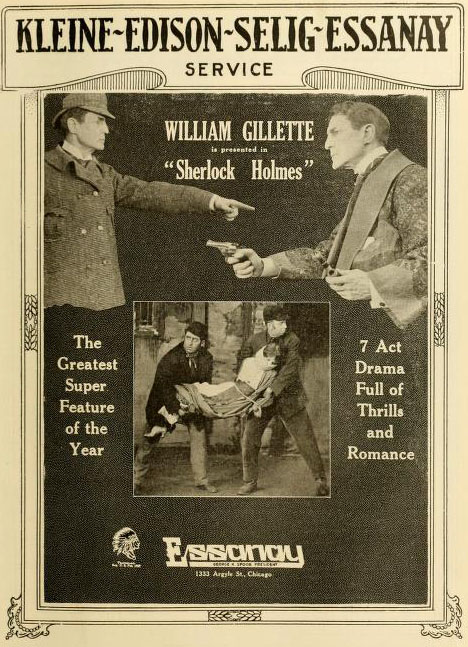A blog formerly known as Bookishness / By Charles Matthews
"Dazzled by so many and such marvelous inventions, the people of Macondo ... became indignant over the living images that the prosperous merchant Bruno Crespi projected in the theater with the lion-head ticket windows, for a character who had died and was buried in one film and for whose misfortune tears had been shed would reappear alive and transformed into an Arab in the next one. The audience, who had paid two cents apiece to share the difficulties of the actors, would not tolerate that outlandish fraud and they broke up the seats. The mayor, at the urging of Bruno Crespi, explained in a proclamation that the cinema was a machine of illusions that did not merit the emotional outbursts of the audience. With that discouraging explanation many ... decided not to return to the movies, considering that they already had too many troubles of their own to weep over the acted-out misfortunes of imaginary beings."--Gabriel García Márquez, One Hundred Years of Solitude
Search This Blog
Monday, November 2, 2015
Sherlock Holmes (Arthur Berthelet, 1916)
It's easy to see why William Gillette was such a success on stage as Sherlock Holmes: He has the calm centeredness that the best Sherlocks possess. I'm thinking of Basil Rathbone and Jeremy Brett here; even though I like Benedict Cumberbatch and Jonny Lee Miller in their versions, the contemporary setting makes them more active and volatile, not to say eccentric, than the traditional Victorian Holmeses. But Conan Doyle's character was not, I think, a good fit for silent film: I missed the detective's ingenious deductions that provide so much of the wit in Conan Doyle's tales and don't fit neatly onto title cards. The plot, cobbled together from several stories, is also both needlessly complex and tiresomely chopped up into discrete "acts." Apparently the surviving version of the film is a conversion of the American original into a French four-part serial. Gillette and Edward Fielding as Dr. Watson (here limited for the most part to the fourth segment) seem to have an awareness that less is more when it comes to film acting, but most of the company is made up of scenery-chewers, particularly Mario Majeroni and Grace Reals as the villainous Larrabees. Ernest Maupain isn't a terribly convincing Emperor of Crime as Moriarty, considering that his chief function is to bluster about bumping off Holmes, in which he is repeatedly thwarted, and his henchmen (one of whom is reportedly the later-to-be-famous character actor Edward Arnold) do a lot of ludicrous skulking and crouching. Still, it's a valuable record of Gillette's famous role and really not an unwatchable movie.
